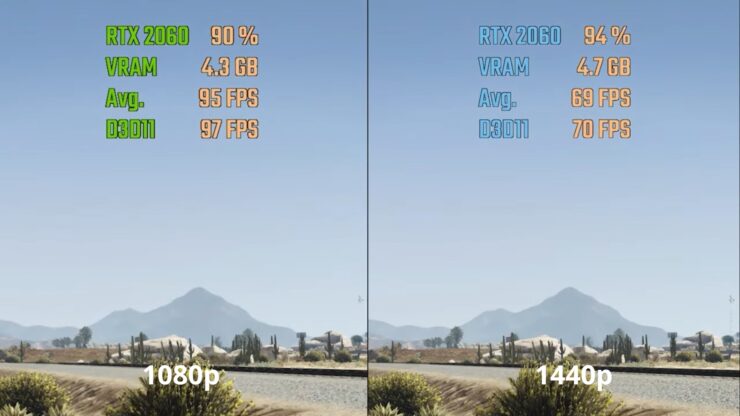How Long Is 48 Hours

Have you ever wondered how long 48 hours really is? It’s a common phrase we hear in movies and TV shows, but do we truly understand the concept of time that it represents? In this article, we will explore the meaning of 48 hours and its significance in our daily lives. From its scientific definition to the events that can occur within this timeframe, we will delve into the world of time and how it affects us. So sit back, relax, and join me on this journey as we unravel the mystery of 48 hours.
What is 48 Hours?
48 hours is a term that we often hear in our daily lives. It is commonly used to refer to a two-day period, but what exactly does it mean? In simple terms, 48 hours is equivalent to two days or two full rotations of the earth on its axis.
This time frame is significant in various fields such as medicine, law enforcement, and emergency services. For instance, in medicine, the first 48 hours after an injury or illness are critical for determining the patient’s chances of survival. In law enforcement, the first 48 hours after a crime has been committed are crucial for gathering evidence and identifying suspects.
Understanding what 48 hours means can help us plan our activities better and make informed decisions. Whether it’s completing a project within a deadline or preparing for an upcoming event, knowing how long 48 hours lasts can be beneficial in managing our time effectively.
How Long is 48 Hours?
48 hours is a commonly used unit of time that refers to two consecutive days. It is often used in various contexts, including work schedules, travel itineraries, and legal proceedings. But how long is 48 hours exactly?
In terms of minutes, 48 hours equates to 2,880 minutes. In terms of seconds, it equals 172,800 seconds. To put this into perspective, imagine spending two full days doing something non-stop. That’s how long 48 hours is.
It’s important to note that the concept of time can be subjective and may feel longer or shorter depending on the situation. For example, waiting for an important phone call for 48 hours may feel like an eternity compared to spending a weekend with friends and family.
Overall, understanding how long 48 hours is can help us plan our time more effectively and appreciate the value of each passing moment.
What Happens in 48 Hours?
In the span of 48 hours, a lot can happen. For starters, you could travel across the world and back again. Or, you could binge-watch an entire season of your favorite show on Netflix. But beyond these personal experiences, there are also significant events that occur in the world within a 48-hour period.
In politics, decisions are made and policies are enacted that can have far-reaching consequences for millions of people. In sports, athletes compete in high-stakes games and tournaments that can make or break their careers. And in science, breakthroughs are made and discoveries are announced that can change our understanding of the world around us.
Overall, 48 hours may seem like a relatively short amount of time, but it is enough to witness both personal and global changes that can shape our lives in meaningful ways.
The Science of 48 Hours
Have you ever wondered why 48 hours is such a significant time frame? It turns out that there’s actually some science behind it.
Studies have shown that our bodies have a natural rhythm called the circadian rhythm, which regulates our sleep-wake cycle. This rhythm is roughly 24 hours long, meaning we naturally operate on a 24-hour day. However, research has also found that our bodies have another internal clock that operates on a longer time frame of around 48 hours.
This means that after being awake for around 16 hours, our bodies start to feel tired and ready for sleep. But if we push through and stay awake for another 8-12 hours, we enter into what’s known as the “second wind” period where we feel more alert and energized again. This second wind period typically lasts for around 4-6 hours before our bodies start to feel tired once more.
Understanding this science behind our body’s natural rhythms can help us better manage our time and energy levels throughout the day, including during those crucial 48-hour periods where we may need to push through fatigue to accomplish important tasks or meet deadlines.
Conclusion
In conclusion, 48 hours is a significant amount of time that can be used to accomplish many things. It is important to understand the concept of time and how it affects our daily lives. Whether it’s completing a project, spending time with loved ones, or simply taking a break, 48 hours provides us with ample opportunities to achieve our goals and make meaningful memories. By understanding the science behind this period of time, we can better appreciate its value and use it wisely. So next time you have 48 hours ahead of you, make the most of it and enjoy every moment!
Conclusion
In conclusion, 48 hours may seem like a small amount of time, but it can make a significant impact on our lives. From completing a project to experiencing a life-changing event, 48 hours can be filled with endless possibilities. Understanding the science behind how we perceive time and the effects of sleep deprivation on our productivity can help us make the most out of this limited time frame. So next time you have 48 hours ahead of you, embrace it and use it wisely to create memories that will last a lifetime.


